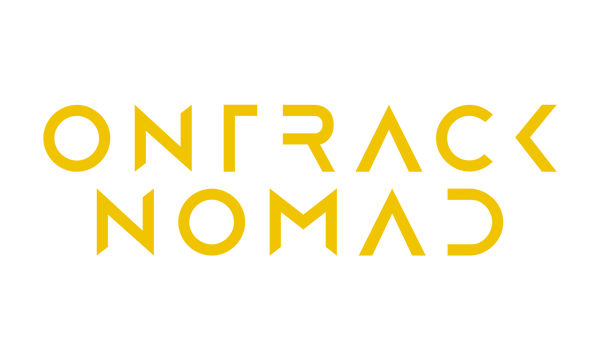In the panorama of our complex human existence, freedom has been and continues to be, an imperative topic of discussion. While political, economic, and social liberation has been at the epicenter of centuries-old debates, innovations, and technological advancements are inching us closer to another dimension of self-determination - the freedom of time. But what exactly is freedom of time?
Freedom of time, observed plainly, is the ability to control and determine one's own time, free from external coercions and constraints. It subscribes to the foundation of autonomous decision-making about when, how, and at what time someone partakes in activities or fulfills responsibilities. On a grander scale, it is about creating a life where you decide where your time goes instead of being swept along the current societal norms.
So, where does technology come in? The infusion of technology in our daily lives, whether it is digital platforms, Artificial Intelligence (AI), or automation tools, has, on the one hand, transformed our interaction with time, enabling us to conduct tasks more efficiently. This has increased what is known as temporal autonomy. In the age of advanced AI models like GPT-4, time-consuming tasks that require significant mental labor can now be accomplished within a fraction of the time. This shrinks the work processing time, allowing individuals to allocate their time to meaningful avenues.
However, the relationship between technology and freedom of time is nuanced. Modern life has brought us to the era of "time famine," a term coined to describe the feeling of having too much to do but insufficient time to accomplish everything. With technology as ubiquitous as air, our lives are intertwined in a continuous cycle of notifications, updates, and messages. The technology that promised efficiency seems to snatch away the essence of time freedom with its ongoing demand for our attention and time.
To redefine this narrative and work towards genuine time freedom, we must explore ways to interact with technology that prioritizes our temporal autonomy. One pathway is optimizing our technological engagements. Tools like AI-integrated bots, powered by advanced models like GPT-4, can automate our regular and mundane tasks, providing us substantial time to engage with jobs that require our unique human touch.
Moreover, adopting a more mindful and intentional approach to using digital platforms can reclaim our freedom of time. This can include taking regular digital detoxes, setting strict boundaries for professional and personal digital communication, and consciously disengaging with disruptive technology.
The conversation around freedom of time must also address societal structures. Freedom of time should not be a luxury confined to the privileged few but a universal construct accessible to all individuals regardless of socio-economic background. More flexi-time work arrangements, redefining productivity not strictly by the number of working hours, and advocating for fair and living wages that don't force people into long working hours enhance everyone's freedom of time.
Defining freedom of time is not merely about having spare minutes or hours in a day. Instead, it is about the capacity to discern, decide, and direct our attention to what aligns with our values, needs, and wants rather than societal or technological dictates. It's the triumph of autonomous personal choice over the unwavering hands of societal clocks.
By weaving together technological advancements, mindful technology consumption, and societal restructuring, we could redefine our interaction with time, paving the way toward true freedom of time. This liberty will be different for every person; after all, time, akin to freedom, is subjective. As time remains an irreplaceable resource, the ability to govern it effectively can catapult our personal and collective growth, leading to a world where everyone enjoys the true essence of time freedom.
To create this world, we need a collective mindset shift that values time as our most precious resource and sees its efficient use as a critical determinant of our well-being, happiness, and, ultimately, our freedom. The freedom of time elucidates a unique form of liberation – an empowering intersection of autonomy, technology, and societal constructs, pushing the boundaries of what defines human freedom.

